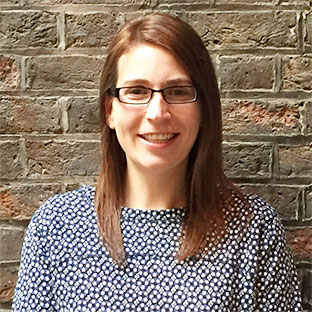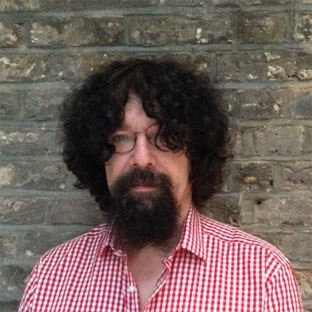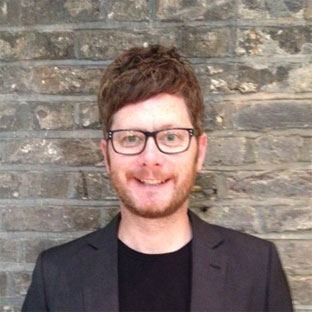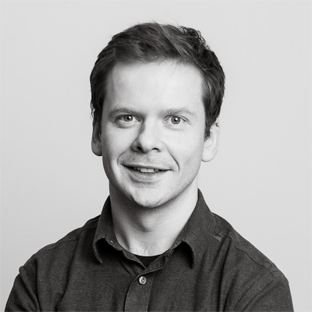Over the last four years, the RSA has worked in partnership with a national substance misuse treatment provider, CRI, on the Whole Person Recovery project, which has been funded by the Kent Drug and Alcohol Action Team (KDAAT).
This report marks a milestone in the RSA’s Whole Person Recovery programme with the final phase of its four year action and research project based in West Kent. The Whole Person Recovery concept originated in the RSA Commission on Illegal Drugs and its landmark report published in 2007. The Commission proposed a ‘whole person’ approach to drug and alcohol misuse; one that emphasised the role that individuals can play in improving their own outcomes and on sustainable recovery, based on the recognition that people often face a range of other challenges that can both drive and be symptoms of substance misuse.
The project described in this report was set up to test the Whole Person Recovery model in practice, working as part of a commissioned recovery service programme in West Kent, with the explicit aim of enabling people to move away from problematic substance misuse and into recovery in a way that empowers the individual to tap into and make best use of their communities and their own capacity. Our focus, like much of RSA’s work, is on the extent to which a person or a community can be enabled to meet their own needs and aspirations.
The programme was designed around three principles drawn from our earlier work in this area:
-
Co-production is key for service users to own, and feel a valued part of, their personal recovery process.
-
A holistic, ‘whole person’ approach enables services to encompass multiple dimensions of a person’s recovery, increasing the likelihood of success in the short and longer term.
-
Social connectedness – within the recovery community and wider local community – creates a network of support and opportunities for individuals, enhancing the sustainability of recovery.
While we have largely moved away from the days of treatment vs recovery, there remains a lack of deeper understanding and ability to effectively operationalise approaches such as recovery capital and co-production.
Reflecting on our work, some cross-cutting themes have emerged:
-
The importance of peer support. The power and necessity of peers in co-production and in the continued development and delivery of innovation was a recurring theme.
-
The importance of co-production with the local community. Working with local people and organisations is vital to make recovery better understood, prouder and more visible.
-
The need for better understanding of co-production. National and local commissioning bodies need to better understand and accommodate the factors above in supporting recovery. This means being clearer about what is meant by recovery, the long-term nature of many people’s progress and the importance of unlocking the assets that can be brought to bear in supporting and sustaining this.
The West Kent project demonstrates that relatively small investments can help build and strengthen recovery communities, adding significant value to the recovery experience and outcomes for many individuals. To this end, we recommend the following:
-
The Department of Health should engage with Public Health England, NHS England and the professionals that deliver health and wellbeing services and the recovery community to develop a shared and consistent understanding of recovery.
-
To improve outcomes at a local level we recommend Public Health England drive the development of a Creative Commissioning for Recovery approach that would meet commissioners' aspiration for more creative and flexible procurement.
-
Recovery service providers need to further build capacity to support community focussed skills and activities within services.
Find out more about our Whole Person Recovery programme.
pdf 3.6 MB
Contributors




